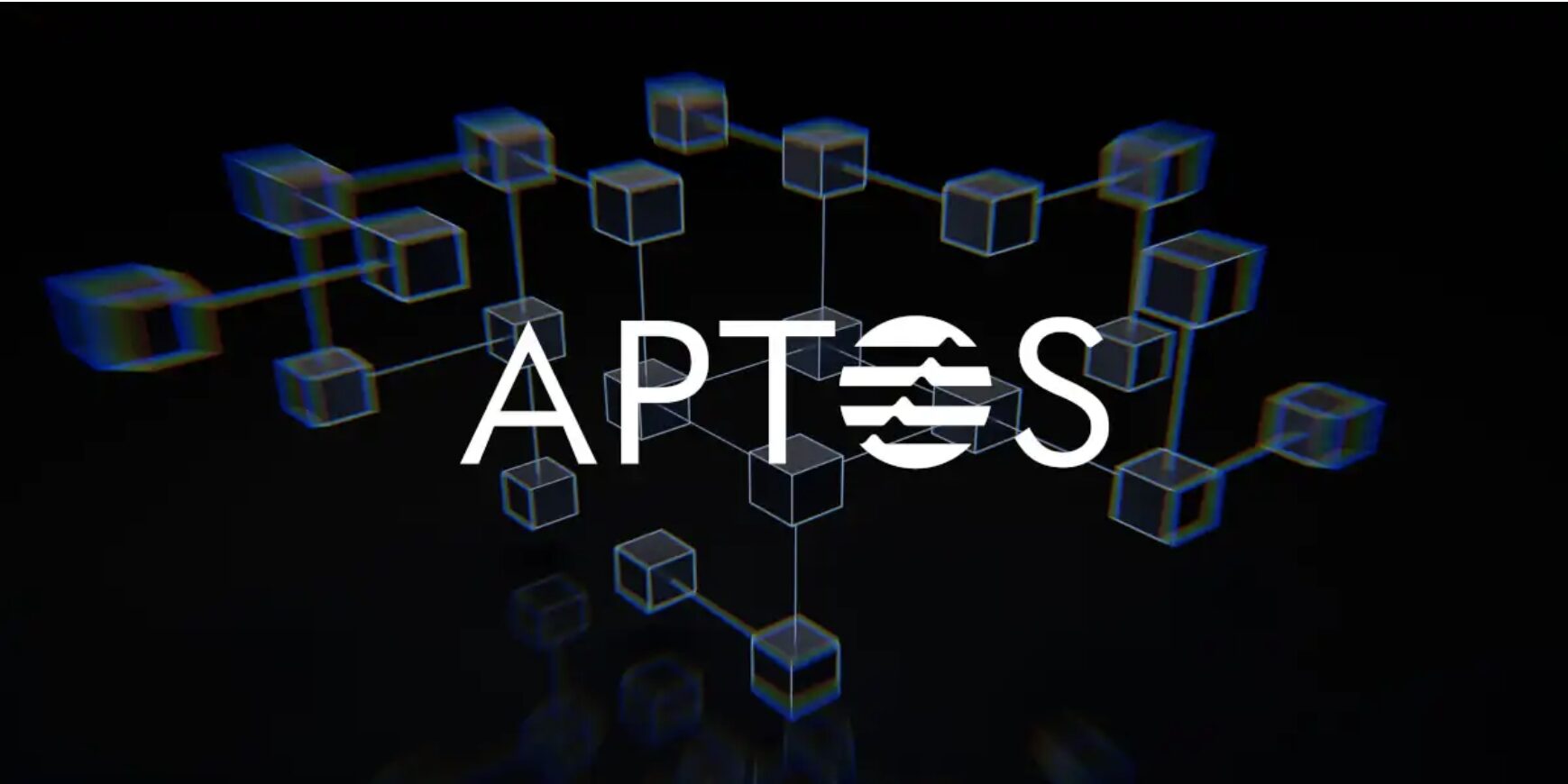The advent of cross-chain interoperability solves blockchain problems through seamless communication, creating a synergy between the blockchain ecosystem and business activities. With this technology, businesses can carry out transactions at lower cost, share data and execute smart contracts across multiple platforms.
For instance, companies in industries like DeFi, supply chain, and gaming have leveraged interoperability, which has helped many of these companies remain relevant despite the highly competitive business environment. Interoperability has reduced business dependence on single-network structures, thereby unlocking new revenue forms.
With cross-chain, organizations in the blockchain business now enjoy scalability, security and efficiency in their operations. Polkadot, Cosmos and Layer Zero are examples of leading companies that are paving the way for multi-chain adoption.
In this article, we will examine why cross-chain is important in business growth, the benefits of this technology, companies that have adopted it, and how it can be adopted by startups.
Let’s dive in.
Why Businesses need Cross-Chain Interoperability
As blockchain systems grow, companies face the problem of network silos, restricting transactions and information flow across various chains. This problem is resolved by cross-chain interoperability, which allows the transfer of assets, execution of smart contracts, and sharing of information across multiple chains.
This means increased liquidity, faster transactions and accessing several networks for DeFi platforms. Supply chain companies can achieve better efficiency and transparency by synchronizing data across silos of different blockchain protocols. The gaming and NFT industries also benefit by increasing user engagement through interoperable chains that make digital assets usable across various ecosystems.
Interoperability reduces reliance on a single chain for everything, thus cutting costs and increasing security while allowing businesses to grow. Without interoperability, companies tend to experience network congestion, enormous fees, and restricted reach.
By adopting cross-chain solutions to their business ecosystems, companies can improve market penetration and streamline processes for their businesses to compete in the multi-chain ecosystem.
But the real question is, are you prepared to take your business to the next level with blockchain?
Let’s examine how this can benefit your blockchain business.
Key Benefits of Cross-Chain Solutions for Businesses
The adoption of blockchain technology has accelerated with the help of cross-chain interoperability because of its higher efficiency, greater flexibility, and increased scalability. Here’s how companies make the most of multi-chain communication:
- Reduced Expenses and Increased Speed: Organizations can capitalize on blockchain with lower fees to reduce their gas expenses and enhance their operational efficiency without having to give up speed.
- Increased Market and Asset Liquidity: Enterprises and DeFi platforms can tap into a larger pool of users seeking a wider range of assets, thus broadening both liquidity and financial opportunities.
- Stronger Risk Management and Security: Using a network of multiple blockchains mitigates operational risks, protecting businesses from problems like network congestion and system failures.
- Better Performance and Scalability: Companies can conduct their operations on multiple blockchains at the same time, thus improving their efficiency and getting rid of bottlenecks.
- Better Overall User Experience: Users no longer have to worry about network limitations, thus increasing the adoption of multi-chain applications.
Using cross-chain solutions empowers companies to optimize their processes, ensuring that they always remain ahead in the blockchain economy.
How startup businesses can integrate leading cross-chain Solutions

Cross-chain solutions are enabling startups to improve their business strategies through increased effectiveness, improved reach, and enhanced scalability. These startups are performing these functions by incorporating multi-chain strategies, which allow them to operate on more than one chain at a time. This greatly improves liquidity and user experience and even opens up new avenues for income. Here is how you can leverage cross-chain in your startup business:
- Polkadoc (DOT): Custom Blockchain Solutions for Startups
Web 3.0 startups looking to develop niche blockchain applications can efficiently leverage Polkadot’s parachain model. Low-cost transactions and Polkadot’s ecosystem are utilized by enterprises, such as Moonbeam and Astar Network, to build scalable dApps without worrying about security. This makes launching new products much easier, as the focus can be placed on innovation and not the supporting infrastructure.
- Cosmos (ATOM): Enabling Multi-Chain DeFi & Payments
Through the Inter-Blockchain Communication (IBC) protocol, Cosmos has facilitated the development of multi-chain financial systems by startups such as Osmosis (a decentralized exchange) and Terra (pre-collapse). With Cosmos, jump payment startups can easily move assets between blockchains, minimizing reliance on the Ethereum network due to its exorbitant fees and congestion.
- LayerZero: Omnichain Applications for DeFi & NFTs
Numerous startups in the fields of DeFi and NFTs are employing LayerZero, which is an interoperability method that enables a multitude of applications to function without the need for centralized bridges.
Projects such as Radiant Capital (a cross-chain lending platform) and Stargate Finance (a liquidity transfer protocol) take advantage of LayerZero to transfer assets across different networks with ease and on almost frictionless terms.
- Wormhole: Cross-Chain Bridging for Web3 Startups
Similarly, Wormhole and many other cross-chain fungible tokens have enabled startups to bridge assets across major blockchains such as Ethereum, Solana, BNB Chain and Avalanche.
For instance, Web3 gaming companies use it to enable in-game assets to be movable across different ecosystems, thus increasing user reach.
The Future of Cross-Chain Blockchain in Business
Businesses need to prepare for a multi-chain future of blockchain, which is expected to single-handedly revolutionize the industry. As cross-chain technology develops, businesses will expand their work scope beyond a single blockchain to many. Solutions like Polkadot, Cosmos, and LayerZero promise to make transactions faster and more efficient than ever, while simultaneously reducing cost and increasing scalability.
Cross-chain communication supporting DeFi, enterprises, and gaming will further enhance liquidity, security, and asset transfer which will break the current accessibility barriers of blockchain for mainstream businesses. Enhanced trustless cross-chain transactions will be achievable through advancements in the integration of zero-knowledge proofs (ZK-rollups) with AI-powered interoperability.
On the interoperability-powered smart contract, automation, efficiency, and cross-border transactions will be integrated by businesses once protocols mature. The biggest hurdles during the transition will be ensuring security and regulatory compliance.
In the end, businesses that shift their focus now towards adopting cross-chain strategies will single-handedly change the blockchain landscape of the future
Final Thought
Recently, cross-chain interoperability has been a hot topic that most businesses are eager to engage in. This trend is taking a new shape in the blockchain world, allowing businesses to scale up their operations more seamlessly while penetrating greater markets. Streamlined processes allowing users to interact with numerous blockchains simultaneously greatly lower expenditures, improve security, and create additional revenue streams.
You can already observe the adoption of interoperability solutions like Polkadot, Cosmos, LayerZero, and Wormhole among startups and enterprises across a variety of industries, from DeFi and gaming to supply chains and payments. The integration of these backbone technologies creates greater ease of use and connectivity within the ecosystem.
Furthermore, as technology progresses towards AI-driven automation and zero-knowledge proofs, cross-chain security and performance will be improved.
On a different note, businesses must tackle unresolved loose ends such as regulatory challenges and security gaps for long-term stability. For those ready to leap, there is a noticeable advantage in adopting interoperable blockchain solutions as time goes by and the multichain economy develops.
Read More: DeFai: How Artificial Intelligence is Transforming Decentralized Finance.






